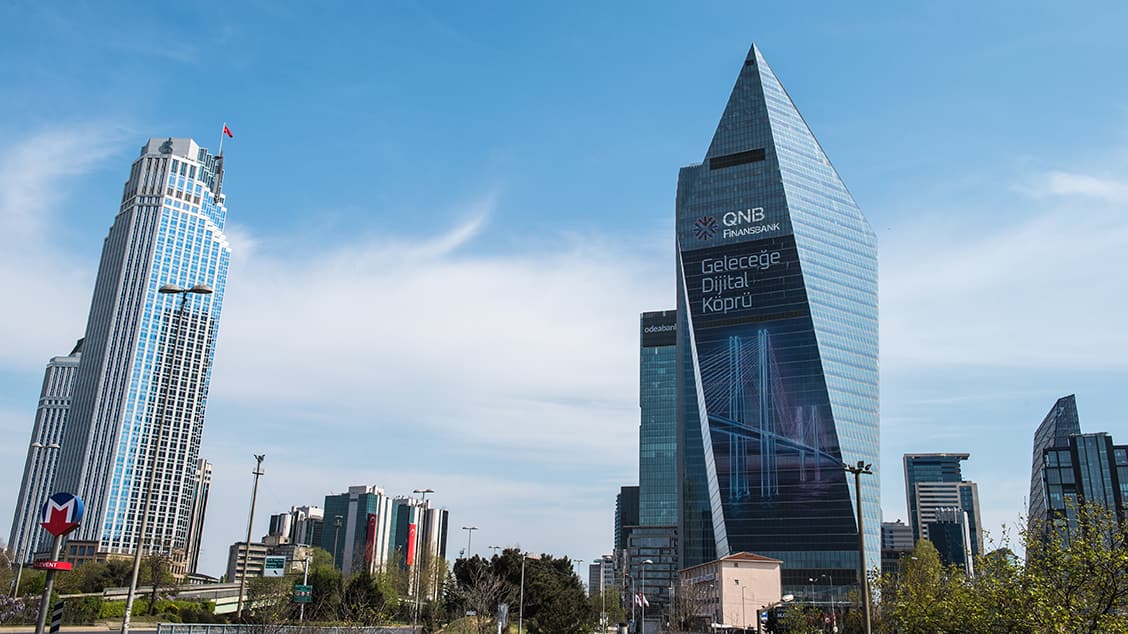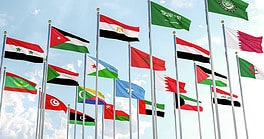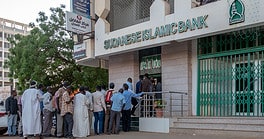Institutions eye Asian and African markets.
In 2022, the GDP for the Middle East and North Africa (MENA) grew by an impressive 6%; and although 2023 should see a slowdown due to a relative hydrocarbon-income drop, the outlook is still bright, especially in the Gulf.
Relatively far from economic crises that ravage most other Arab countries, oil monarchies have used their immense hydrocarbon revenue to build solid financial institutions capable of catering to local billionaires’ needs and attracting global wealth.
According to New York–based Wealth-X, the Middle East was home to over 21,000 ultrahigh net worth individuals (those with over $30 million in assets) last year, up 15.7% from 2021.
While Western clients are in the mix, Middle Eastern banks cater mainly to Global South fortunes, with customers from India, Pakistan, China, Russia, Southeast Asia, and Africa. Private banks have been hiring staff from all over to better service this growing international client base with tailor-made wealth management solutions.
Moreover, to address climate change and other environmental, social, and governance (ESG) concerns, local lenders are diversifying their products and services. Those include new digital tools like WeChat Pay, a leading Chinese digital payment application. Most of the region’s activity is concentrated in Dubai, but Doha and Riyadh are worth watching.
Best Private Bank In The Middle East: QNB Private
Qatar National Bank (QNB) is Global Finance’s choice for Best Private Bank in the Middle East for the fourth consecutive year.
The largest lender by assets in MENA, QNB was Doha’s first private banking institution and has accompanied the gas monarchy’s transformation from a tiny desert country to one of the world’s wealthiest nations in terms of per capita GDP.
“Private banking is crucial for QNB Group given the cross-selling opportunities that private banking brings as our clients utilize services such as special lending and real estate advisory, leading to an increase in cross-selling opportunities within the bank,” comments Adel Abdulaziz Khashabi, senior executive vice president of QNB Group Asset and Wealth Management.
Already a leading bank at home with over 30% market share, and an international player in 31 countries, QNB should keep growing its global foothold on the back of increased gas revenues.
“Our position at QNB is strengthened by our network, particularly our private banking services in Switzerland, France, and the UK,” adds Khashabi. “We have also actively promoted investments in Qatar, where opportunities continue to grow as the nation and economy expand.”
Best Private Bank For Sustainable Investing: Emirates NBD
Dubai’s flagship bank is at the forefront of sustainable investing at home and abroad, supporting the authorities’ pledge to achieve net-zero emissions by 2050.
The bank has developed a full-fledged sustainable finance framework that includes carbon-trading solutions as well as green and sustainable bond issuance. In October, Emirates NBD issued a $750 million green bond, the largest on record for a regional bank.
Dubai’s biggest lender is also invested in gender-equality programs and in new financial technologies that can help fund the fight against climate change.
“We are looking to set a global benchmark for technology-driven ESG solutions,” says Neeraj Makin, group head of Strategy, Analytics and Venture Capital at Emirates NBD.
Best Private Bank Digital Solutions For Clients: QNB Private
Offering a variety of digital payment solutions and fintech partnerships with the likes of Apple, Digital Gramin Seva, Ripple, Samsung, and Google, Qatar’s leading bank remains at the forefront of innovation in the MENA region.
“The future of private banking is poised for transformation due to the rapid evolution of technology,” comments QNB’s Khashabi.
Following Gulf Cooperation Council countries’ strategic economic shift toward Asia, QNB partnered with WeChat Pay.
In the future, QNB aims to continue “adapting to technological advancements, offering clients a seamless blend of high-tech solutions and personalized, relationship-driven services,” says Khashabi, affirming the bank will place a particular focus on “leveraging advanced data analytics to gain deeper insights into client preferences and investment behavior.”




